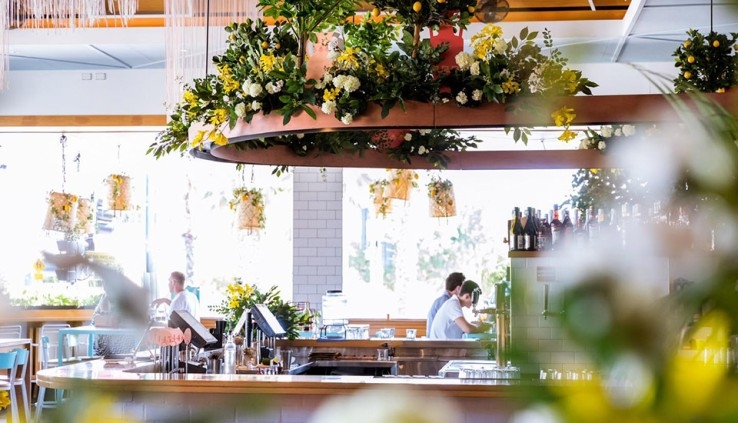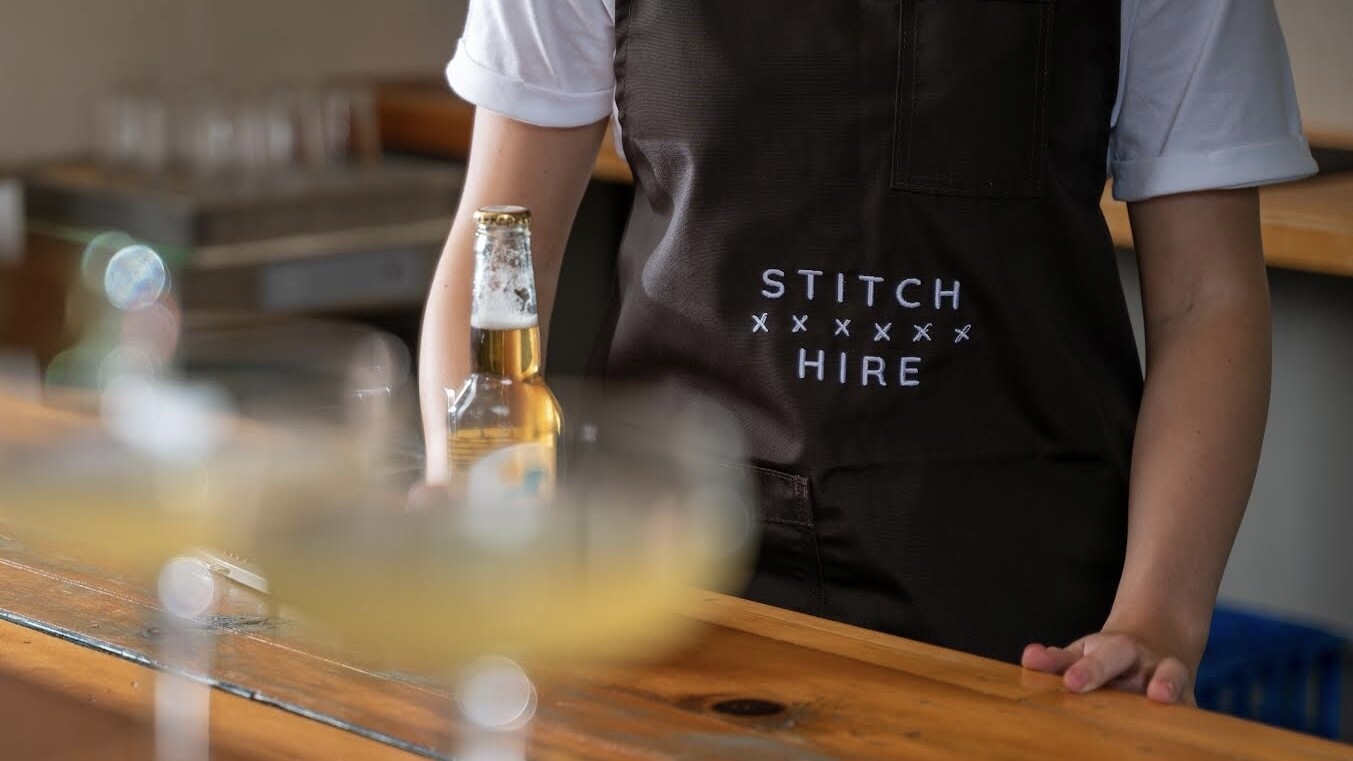Boost Your Hospitality Business During Peak Season with These Four Tips
As a business in the hospitality industry you want to stand out from the competition, especially during the peak season. It's crucial to maximise this period, whether you operate a restaurant, event venue, or bar. Elevate your hospitality business during the peak season and achieve even greater success with these four valuable tips!
1. Plan plan plan
Nobody knows your business as well as you do, so it's important to reflect on the data from last year's busy period. Take a deep dive into the numbers and patterns from the previous season and make note of your busiest days. Consider whether your staffing levels were adequate and make adjustments accordingly. With this valuable insight, you can anticipate your needs and prepare for a successful peak season. Remember, you've navigated this before, and with proper planning, you can exceed your previous successes!
2. Stay ahead by predicting your staffing requirements
Make sure you always have a well-trained staff on hand to assist so that you never experience a shortage of employees. If you require a pool of skilled temporary staff during those busy weeks, Stitch Hire has got you covered. By partnering with Stitch, you will have access to pre-screened bartenders, food and beverage attendants, baristas, and more. Additionally, our easy-to-use platform offers customised operational support for both businesses and staff.
3. Offer a unique experience to stand out from the crowd
To differentiate yourself from the competition, offer a unique experience that sets your business apart. Consider adding interactive elements, hosting themed events or creating a signature dish or cocktail. Get creative and have fun with it! Customers will remember the unique experience they had at your venue and are more likely to return and recommend it to others.
4. Brand collaborations
There’s no denying that brand collaborations are powerhouses, especially when it involves renowned chefs. This year, we witnessed the success of Howard Smith Wharves' Italian Festival with superstar Chef Orazio from Da Orazio, Bondi, who cooked up a dolce vita storm and attracted thousands of Brisbanites to Howard Smith Wharves' lawn over two weekends. These partnerships have the potential to build your brand on a large scale and attract new customers!
Have you tried any of these tips in your business? If so, what kind of results did you see? Or do you have any other tips that you find work great for the peak season? Enjoy the festive season!

























